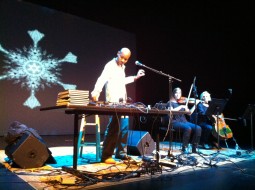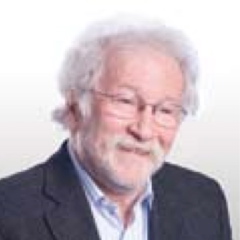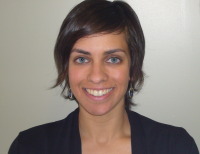 Your Brain on Music (start time: 6:18): Most people love music, whether it’s opera music, jazz, rock-n-roll, gospel, nursery rhymes or another genre. Whether you’re a trained professional or someone who just likes to sing in the shower or listen to your favorite playlists, you’ve likely felt the power of music in shaping your thoughts, feelings and behavior. But how?
Your Brain on Music (start time: 6:18): Most people love music, whether it’s opera music, jazz, rock-n-roll, gospel, nursery rhymes or another genre. Whether you’re a trained professional or someone who just likes to sing in the shower or listen to your favorite playlists, you’ve likely felt the power of music in shaping your thoughts, feelings and behavior. But how?
Many scientists have been researching how music affects the human brain, and how music can help treat many neurological and other disorders. Today, host Susan Moran interviews Indre Viskontas, a cognitive neuroscientist and associate professor of psychology at the University of San Francisco. She’s also a classically trained opera singer and a director. Her 2019 book is How Music Can Make You Better. And Dr. Viskontas also directs communications for the Sound Health Network, an initiative that promotes research and public awareness of the impact of music on health and well-being. She also hosts a podcast called Inquiring Minds.
Host, Producer: Susan Moran
Engineer: Shannon Young
Executive Producer: Beth Bennett
Listen to the show here:
Podcast: Play in new window | Download (Duration: 26:11 — 59.9MB)
Subscribe: RSS









 Here’s a longer version of my interview with Anjali Bhatara, which aired on today’s program. Dr. Bhatara is with the
Here’s a longer version of my interview with Anjali Bhatara, which aired on today’s program. Dr. Bhatara is with the 
